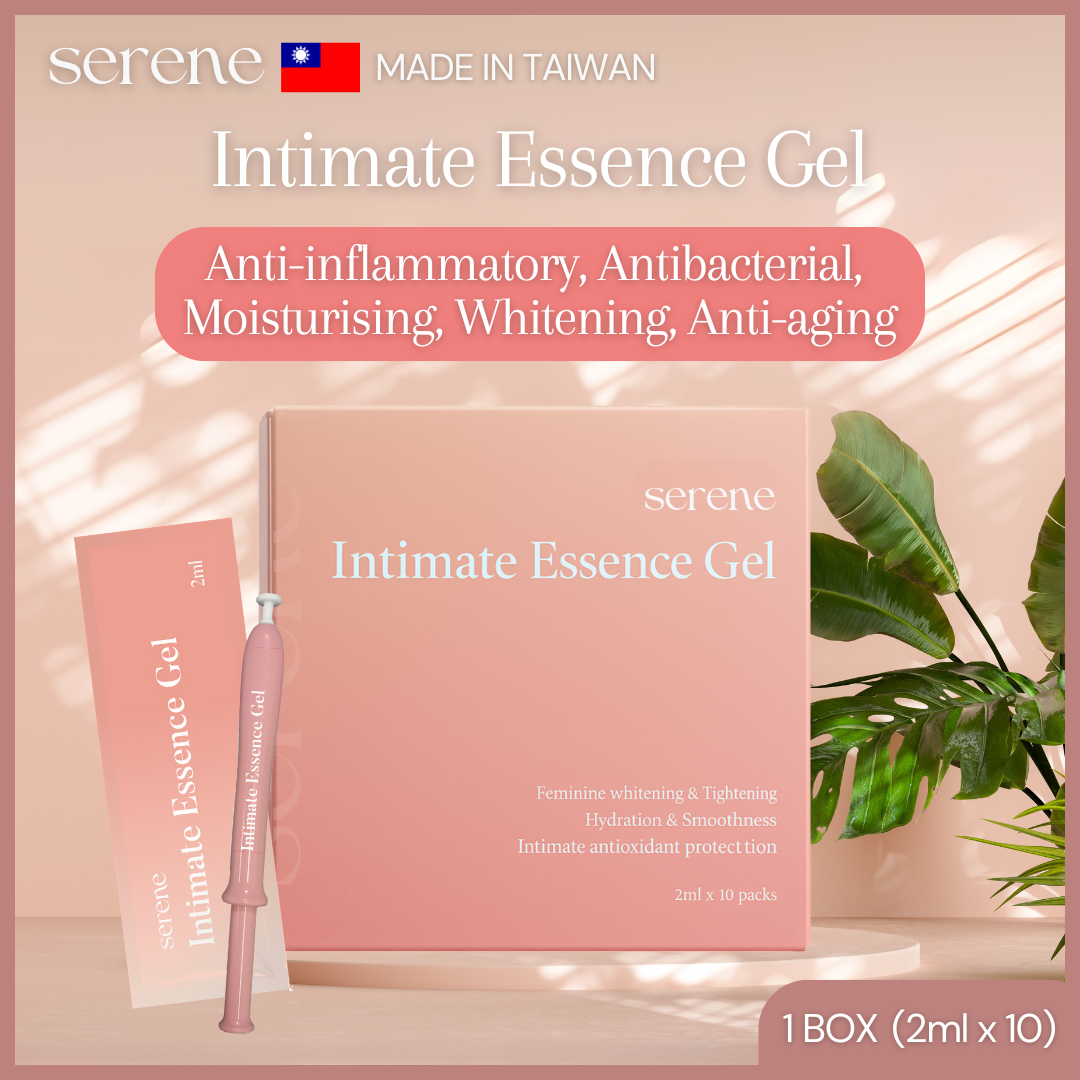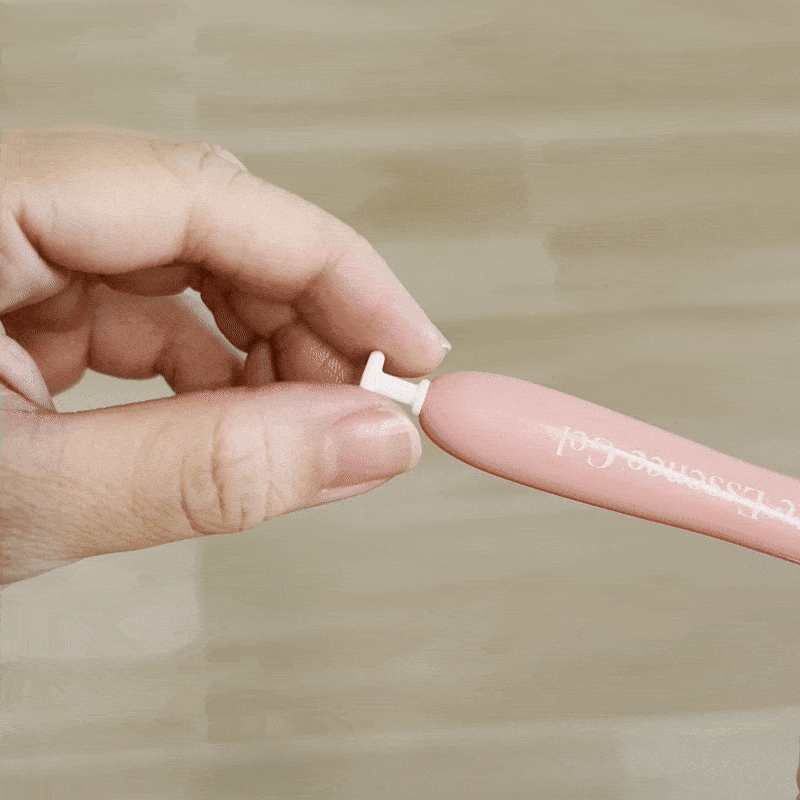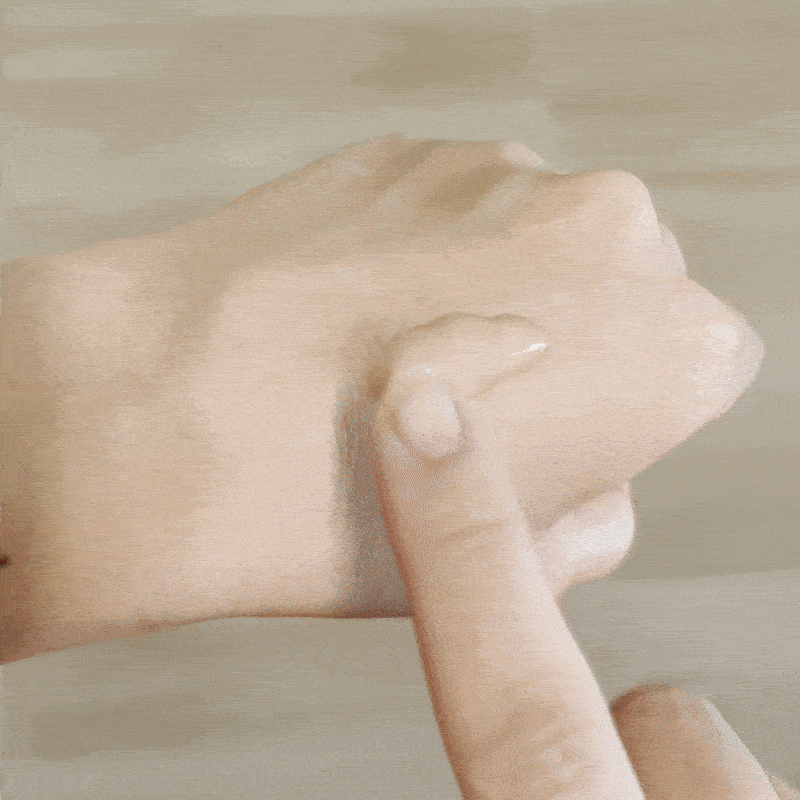Why Can’t I Let Go Even When I Feel Unloved? Understanding Attachment Styles in Love
Understanding Attachment Styles in Romantic Relationships
Have you ever found yourself clinging to a relationship that no longer feels fulfilling, even when love and warmth seem to have faded? You are not alone. Many women struggle with this emotional dilemma — staying in a relationship even when they feel unloved. This pattern is often rooted in one’s attachment style — a psychological framework developed in early life that continues to shape how we connect and behave in intimate relationships.
What Are Attachment Styles?
Attachment theory, developed by psychologist John Bowlby, suggests that our early interactions with caregivers form internal blueprints of how love and connection work. These blueprints, or attachment styles, often fall into four categories:
-
Secure Attachment: Comfort with intimacy and autonomy.
-
Anxious Attachment: Fear of abandonment and constant need for reassurance.
-
Avoidant Attachment: Discomfort with closeness; emotional distancing.
-
Disorganized Attachment: A combination of anxious and avoidant behaviors, often tied to trauma.
Women with anxious or disorganized styles may tend to stay in unsatisfying relationships, fearing that leaving means they are unlovable or that no one else will meet their needs.
Signs You Might Be Staying for the Wrong Reasons
-
You constantly question your worth in the relationship.
-
You feel more anxious than secure.
-
You overextend yourself to "earn" love or avoid conflict.
-
You're afraid to leave, even when you’re emotionally unfulfilled.
This isn’t about weakness — it’s about survival patterns your brain learned to protect you. But as adults, we can unlearn them.
The Link Between Self-Worth and Attachment
Your attachment style doesn’t just affect how you love; it affects how you value yourself. For instance, if your self-worth depends entirely on how a partner treats you, then their withdrawal — even emotional — can feel like a personal failure. This fuels a vicious cycle: the more you feel unloved, the more desperately you try to hold on.
How to Begin Healing
-
Recognize your pattern – Reflect on your emotional reactions in relationships.
-
Practice self-compassion – Understand your responses without judgment.
-
Seek secure connections – Whether through friends, therapy, or journaling.
-
Set gentle boundaries – Start with small acts of self-honoring.
-
Educate yourself – Reading books like Attached (Levine & Heller) can help.
Loving Yourself Starts with Awareness
Staying when you feel unloved doesn’t mean you’re broken — it means you’re human. And you deserve love that feels safe, mutual, and nourishing. By understanding your attachment style, you’re taking the first step toward loving smarter — and most importantly, loving yourself.
💗 Gentle Self-Care Tip from SERENE
Emotional imbalance often shows up physically too — stress can weaken your immune system and trigger intimate area discomfort. A consistent, caring intimate routine can support you holistically. Try the SERENE Intimate Essence Gel — enriched with natural extracts like Damask Rose, soothing peptides, and moisturizing botanicals — for calming and restorative care, especially during emotionally vulnerable times.



